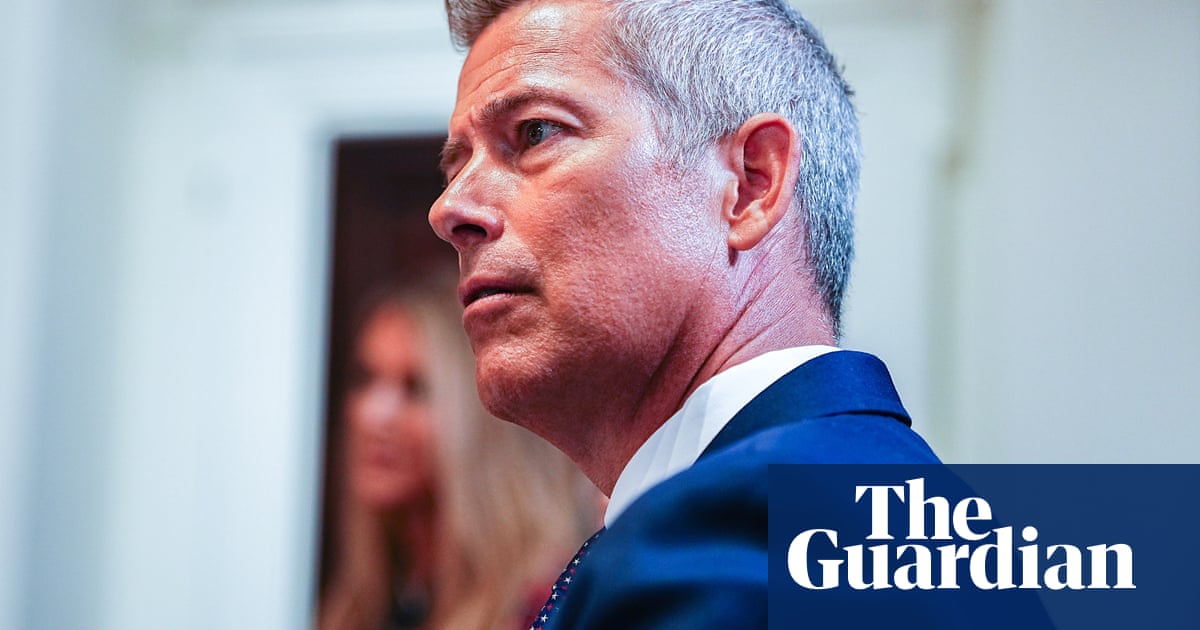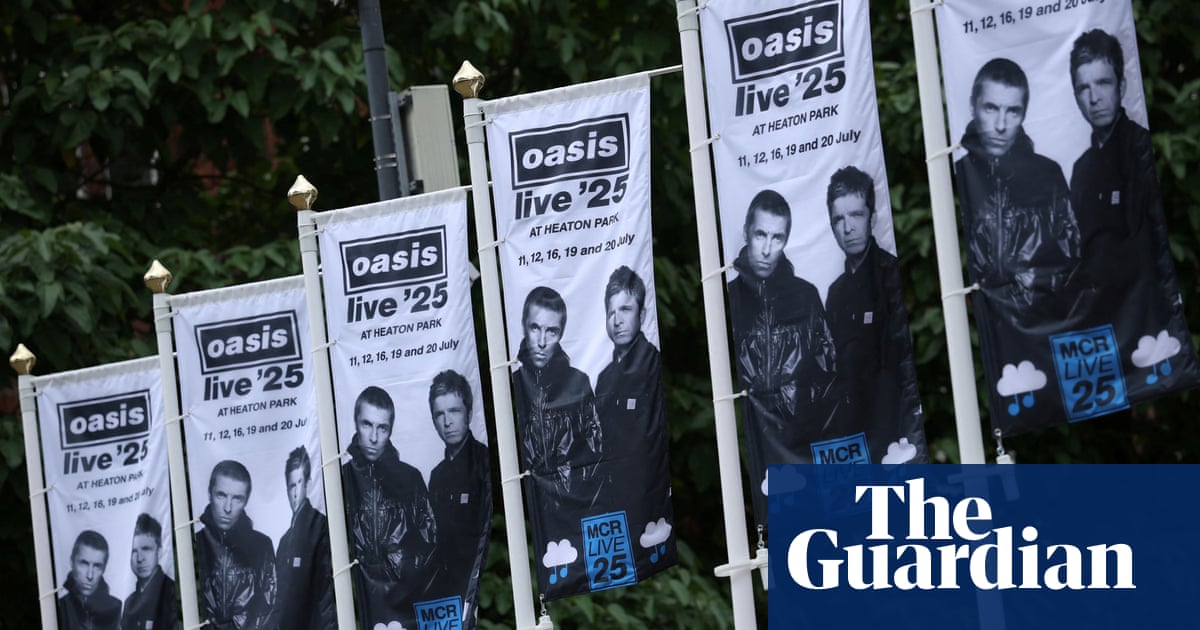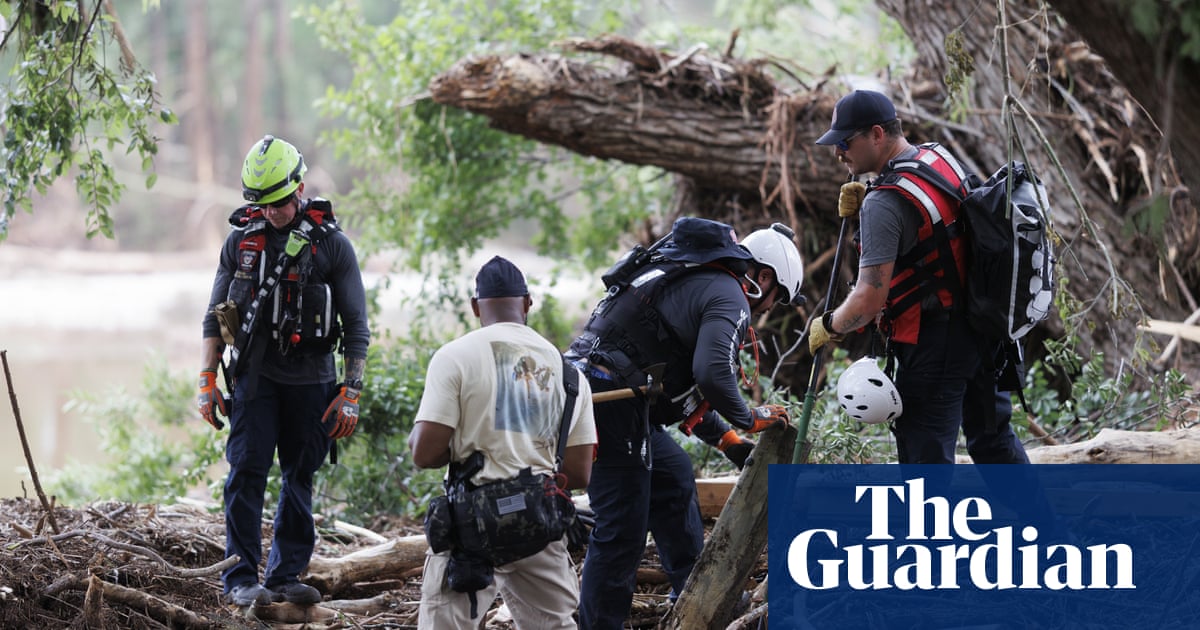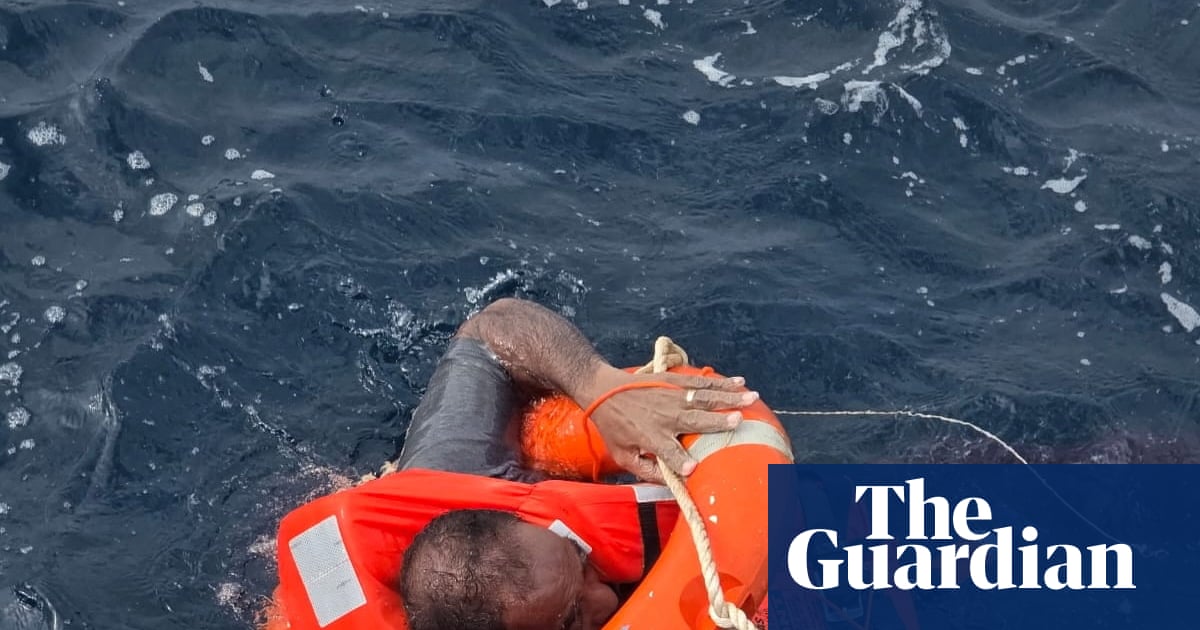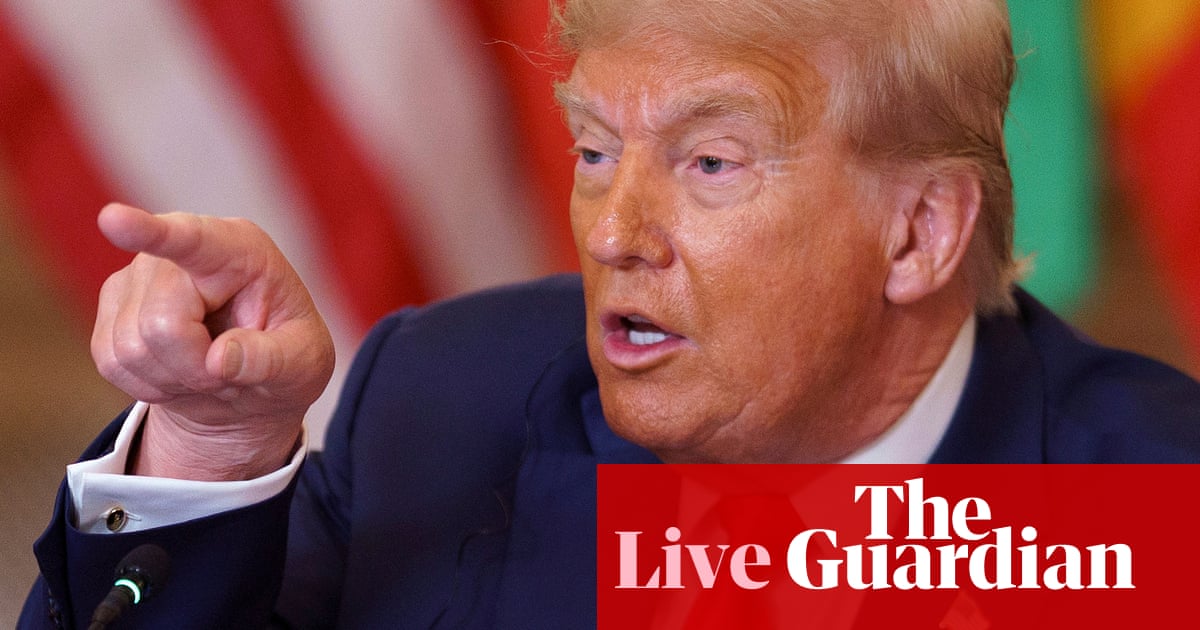In 1976 when we were both based in Brussels, my BBC mentor, the great Charles Wheeler, came back to the office from a grand US embassy party one evening and remarked: “The cleverest and most entertaining people at these things are always CIA. Makes it all the harder to understand why they get everything wrong.” An exaggeration, of course, but one with a degree of truth to it. Why has an organisation with huge amounts of money at its disposal, a record of recruiting the brightest and the best, and the widest of remits, failed to notch up a better record? It’s true that we may not know about many of the CIA’s successes. But we know about a lot of its failures, and some of them have marked US history ineradicably.
In The Mission, Tim Weiner, whose reporting on the CIA in the New York Times was always essential reading, and whose subsequent books on the US intelligence community have a place on the shelves of anyone interested in international affairs, provides a variety of answers to this essential question. As he showed nearly 20 years ago in Legacy of Ashes, his history of the CIA from its founding in 1947 to the end of the 20th century, the agency’s position by the end of the 90s was pretty desperate. It was starved of cash and bleeding talent. A high-flyer who had been station chief in Bucharest was revealed to be working for the Russians, handing them the names of large numbers of agents and employees. But the new US administration that came in at the start of 2001 wasn’t too worried. In March that year, Donald Rumsfeld, the defence secretary, told the joint chiefs of staff: “For the first time in decades, the country faces no strategic challenge.” Six months later came 9/11. The CIA had tried to convince the feckless George W Bush about the looming threat of Islamic ultra-fundamentalism, but no one in the administration listened. The agency was regarded as broken.
People in British intelligence are often snarky about the CIA, as poor relations tend to be. Nevertheless, some of the private criticisms made by SIS – better known as MI6 – are well observed. (Weiner’s sources inside and around the CIA are impressive and absolutely impeccable, yet he seems to have no great interest in other western intelligence agencies; apart from a few scattered references to SIS and GCHQ in The Mission, only Dutch intelligence gets much of a mention.) SIS has tended to believe that a fault line of naivety runs through the CIA: witness the way that Pakistan’s Inter-Services Intelligence led the agency by the nose in Afghanistan, persuading it to lavish funds on anti-western warlords whom the ISI supported for its own political purposes. The CIA’s eyes were only finally opened when, by good old-fashioned detective work, its agents discovered that Osama bin Laden was living alongside Pakistani top military brass in Abbottabad.
But there’s a more fundamental criticism that SIS and other intelligence aficionados level at the CIA: that it has never been allowed to be just an intelligence-gathering agency. US presidents from Truman onwards also wanted it to be a secret army, a point Weiner makes again and again.
Long before the shameful Iran-Contra affair in the 1980s, when Reagan’s officials sold weapons to Iran then funded the CIA’s illegal guerrilla war in Nicaragua with the proceeds, presidents used the agency for their shady schemes despite any ethical qualms its operatives, and sometimes its topmost officers, might have had. The CIA accepted Bush’s edict, based on the highly questionable advice he received from the relatively junior White House lawyer John Yoo, that waterboarding, lengthy sleep deprivation and hanging prisoners by their arms for hours on end did not constitute torture. Perhaps, as a government agency, it had no real alternative, but its employees certainly obeyed, sometimes enthusiastically and even sadistically. Weiner is clear in his condemnation of this, but inclined to give the CIA the benefit of the doubt: “The CIA, with rare exceptions, was not a rogue elephant. When people were trampled, it wasn’t the elephant’s fault. It was the fault of the mahout – the elephant driver. And the mahout was the president of the United States.”
Well, perhaps. But it’s hard to find excuses for Gina Haspel, for instance, who attended and oversaw one of the agency’s black-site prisons before rising to become the first female director of the CIA.
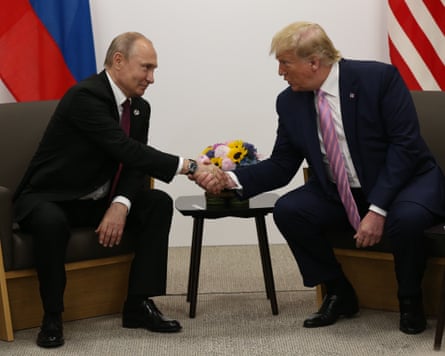
Weiner’s sources, which are excellent, seem not to have included Haspel herself. But they do encompass several senior CIA figures from the period under discussion. These people opened up to him, and as a result the book contains many essential new details. Weiner’s account of Donald Trump’s links to Vladimir Putin in 2016 is clearly based on information from inside the agency, and it leads him to assert openly that Trump was Putin’s polezny idiot – his useful idiot. There are all sorts of other important and fascinating revelations in The Mission, but it’s the book of a journalist at the top of his game, not an academic. Some of it is written in white-hot anger at the thought of what Trump is doing to the US, and to the CIA in particular. Weiner is clearly channelling CIA opinion when he writes scathingly about the ludicrous John L Ratcliffe, who was given the job of director by Trump. Ratcliffe unhesitatingly complied with Trump’s extraordinary demand that the CIA should send the White House the first names and initials of every recent CIA recruit by non-secure email.
There is little doubt that Trump has damaged the CIA, but he may not have helped Putin as much as seemed likely when Weiner was writing his book. Whatever the Russian president thought he might get from a second Trump term, he has in fact been damaged quite badly so far. He has lost his puppet and his bases in Syria, partly through the CIA’s efforts, and his ally Iran, after a shocking onslaught from Israel, now looks increasingly like a paper tiger. Ukraine – and Weiner is particularly good about the CIA’s involvement in trying to stop the invasion in 2022 – hasn’t, as many people expected, folded in the face of Putin’s assault, and it’s become harder for Trump simply to brush that war aside. Whether or not Putin indeed won the presidency for Trump in 2016 (Weiner quotes Russian government cybercriminals who he says swung the election as shouting “We made America great again!”) he is no longer pulling the strings to such good effect.
As I say, this is a journalist’s book, and bears the marks of it. But no one has opened up the CIA to us like Weiner has, and The Mission deserves to win Weiner a second Pulitzer. Given the intense unpopularity of Trump in the upper echelons of American journalism, he may well get it.

 9 hours ago
6
9 hours ago
6
